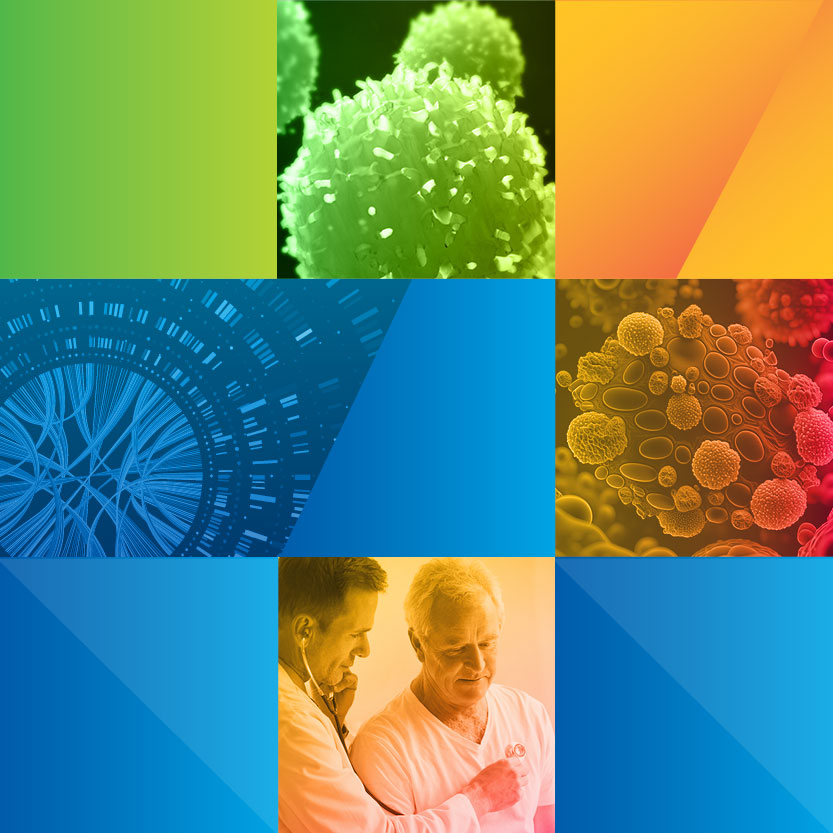Full day of educational sessions, methods workshops continues Saturday
//
Estimated Read Time:
The American Association for Cancer Research Annual Meeting 2024 continues today, Saturday, April 6, with a full schedule of 41 educational sessions and 12 methods workshops. This programming is available exclusively to attendees who add the Educational Program Pass to existing and new registrations.
More than 65 live educational sessions and methods workshops from Friday and Saturday are included with the pass, which also grants access to on-demand recordings via the Virtual Meeting Platform through July 10.

This year’s Educational Program is occurring at a revolutionary moment in cancer research, said Annual Meeting Education Committee Chair Victor E. Velculescu, MD, PhD, FAACR, and attendees will gain insight into the tools and resources that are fueling unprecedented progress. One such workshop today will focus on Biopharma Collaborative (BPC) data from the AACR Project Genie cancer registry.
“[AACR Project GENIE is] providing an incredible amount of molecular information from cancer diagnostics laboratories world-wide, helping improve precision medicine, how therapies may be most useful for reducing the morbidity and mortality of cancer patients, and generating valuable information for research in precision oncology,” Velculescu said.
Today’s programming will feature even more sessions on data science, tumor immunology, clinical trial design, and other important topics. View some of the highlights below, and download the Annual Meeting app or visit the online program planner for a complete schedule and details.
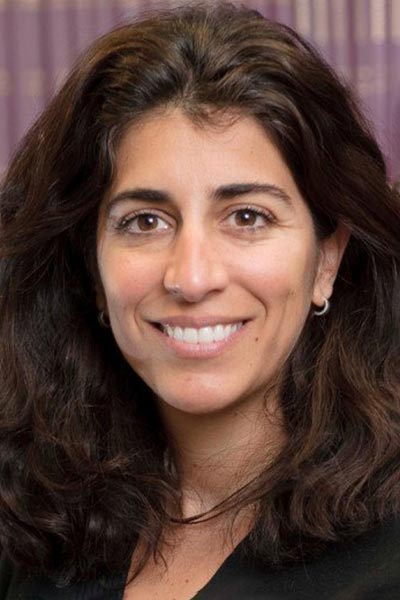
MW19: Analytic Resources and Applications for AACR Project GENIE BPC Clinico-genomic Data
Saturday, April 6, 8 – 9:30 a.m. PT
Room 28, Upper Level, Convention Center
Workshop Chair: Katherine Panageas, DrPH, Memorial Sloan Kettering Cancer Center
This session will provide an overview of AACR Project GENIE BPC and will feature a hands-on workshop to introduce learners to the {genieBPC} R package, which streamlines the processing of these rich clinico-genomic data. The session will close with a presentation on a novel statistical methodology for pan-cancer mutational signature analysis using the GENIE BPC data.

ED01: Data Science Opportunities and Challenges in Biomarker-based Early Detection of Cancer
Saturday, April 6, from 8 – 9:30 a.m. PT
Ballroom 6 CF, Upper Level, Convention Center
Session Chair: Robert B. Scharpf, PhD, The Sidney Kimmel Comprehensive Cancer Center, Johns Hopkins University School of Medicine
Biomarkers for early cancer detection are characterized not only by the analytes and platforms for their measurement, but also by approaches for feature summarization, predictive models that integrate these features, and the performance of these models in the intended use populations. The pathway from discovery to clinical validation and utility requires a series of studies with increasing scale and complexity. These studies and the initial biomarker discovery efforts are largely within the remit of data science and statistics.
This session will review data science concepts and tools used in development and evaluation of cancer early detection biomarkers and summarize key opportunities and challenges.
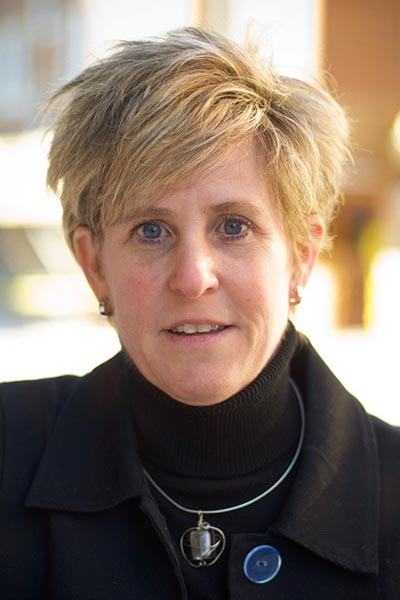
MW04: Biostatistics in Clinical Trials Workshop: Out of the Rut and Beyond the Traditional, Part 1 – Design and Implementation of Novel Phase 1 and 2 Clinical Trials
Saturday, April 6, 8 – 9:30 a.m. PT
Room 29, Upper Level, Convention Center
MW05: Biostatistics in Clinical Trials Workshop: Out of the Rut and Beyond the Traditional, Part 2 – Designing Pivotal Phase 3 Trials for Regulatory Approval of New Agents or New Indications
Saturday, April 6, 10 – 11:30 a.m. PT
Room 29, Upper Level, Convention Center
Workshop Chair (Parts 1 and 2): Wendy B. London, PhD, Dana-Farber Cancer Institute/Boston Children’s Hospital
Part 1 of this workshop will cover the implementation of novel dose-finding designs in early phase trials and the implementation of phase 1 trials that use Bayesian adaptive designs. Presenters will also cover phase 2 randomized trials and single-arm phase 3, which resemble phase 2 designs. A series of case studies will tell the story of the evolution of novel phase 2 trial designs in pediatric oncology and rare tumors, including the use of historical control data.
Part 2 of the workshop will look at multiplicity considerations in cancer research and approaches to improving the use of patient-reported outcomes (PROs) as endpoints in clinical trials. Novel phase 3 trial designs will be presented, including basket, umbrella, platform, and enrichment designs.
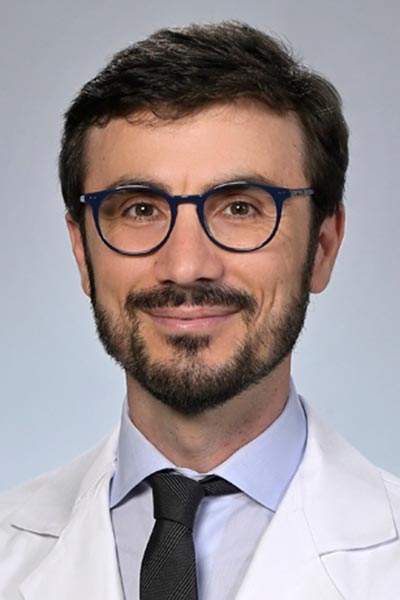
ED24: Tumor Immunology and Immunotherapy for Non-Immunologists Session: Strategies for Enhancing Adoptive Cellular Immunotherapy and Reprogramming the Tumor Microenvironment
Saturday, April 6, 10 – 11:30 a.m. PT
Ballroom 20 CD, Upper Level, Convention Center
Session Chair: Marco Ruella, MD, University of Pennsylvania
Adoptive cell therapy (ACT) is a promising approach for the treatment of hematological and solid tumors. However, significant obstacles exist in the tumor microenvironment that limit the responses to ACT.
This session will discuss the recent clinical results of commercial CART-19 and CART-BCMA and review the current evidence on the known resistance mechanisms. Speakers will provide an overview of T cell receptor (TCR)-engineered adoptive transfer of T cells and immunosuppressive factors in the TME that affect the efficiency of the therapy, as well as strategies to overcome them. Presenters will also explore strategies and challenges of modulating myeloid cells to create a more permissive environment for T-cell function, with the ultimate goal of improving the success of CAR T cell-based therapies.
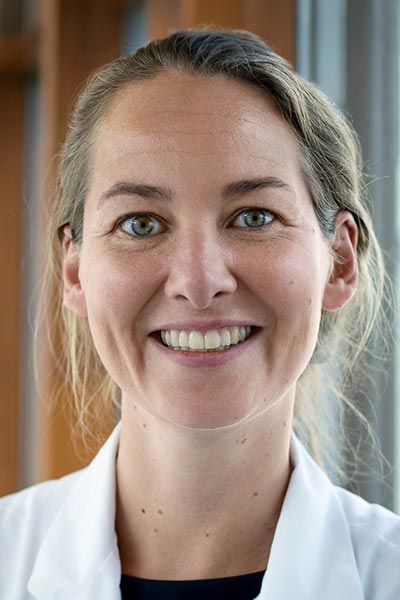
ED36: Therapeutic and Surgical De-escalation Studies: The Next Challenge in Precision Oncology
Saturday, April 6, 12:30 – 2 p.m. PT
Ballroom 20 AB, Upper Level, Convention Center
Session Chair: Jeanine M. Roodhart, MD, PhD, University Medical Center Utrecht, Netherlands
Decades of therapeutic intervention have led to improved clinical outcomes and survival, but also to more intensive treatment strategies. A substantial proportion of cancer patients do not benefit from these intensified treatments and are currently overtreated. This results in unnecessary toxicity and costs and reduced quality of life. It is time to enter a new decade of personalized medicine and investigate how to further personalize treatment and reduce overtreatment.
This educational session will focus on the importance and key challenges associated with de-escalation studies. Speakers will discuss the clinical needs, the importance of biomarkers, and innovative trial design in order to generate practice-changing evidence in this field. Examples of different biomarkers and innovative de-escalation studies for both systemic therapy and surgical treatment will be presented. The session aims to empower cancer researchers at all levels with the knowledge to contribute to this next step in precision oncology.
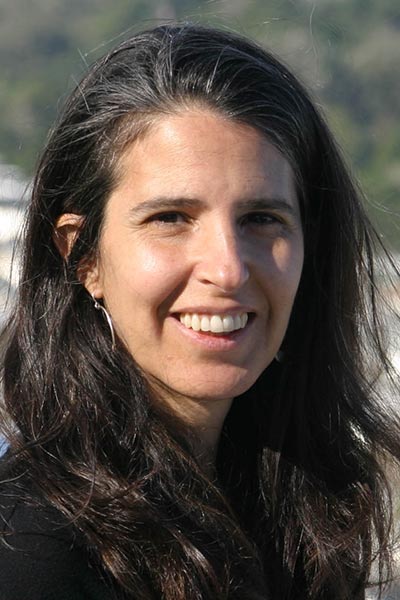
ED10: Genetic Ancestry, Tumor Subtype, and Somatic Genomic Landscape
Saturday, April 6, 2:30 – 4 p.m. PT
Room 31, Upper Level, Convention Center
Session Chair: Laura Fejerman, MSc, PhD, University of California Davis Comprehensive Cancer Center
This session will review how risk of specific tumor subtypes and somatic genomic alterations vary by genetic ancestry and how that informs the understanding of factors that govern tumor characteristics and outcomes across populations. Presenters will address how to identify the causes (environmental, genetic, or both) that underlie these differences and examine the degree to which these differences affect outcomes and/or treatment responses. Concepts from human population genetics (genetic ancestry and genetic admixture) will be reviewed. The session is intended for both population scientists and molecular oncologists interested in understanding more about this topic.
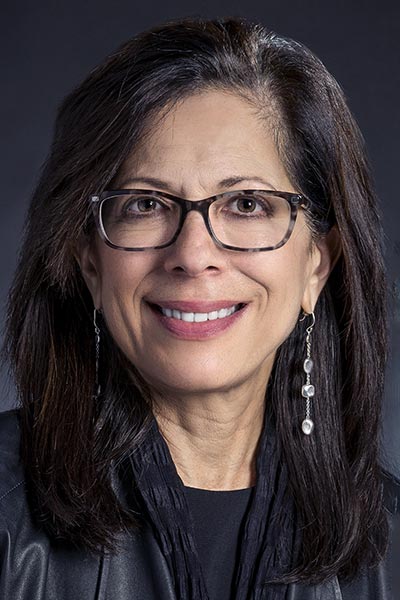
MW08: Clinical Trial Design Workshop, Part 2: Precision Combination Therapy
Saturday, April 6, 2:30 – 4 p.m. PT
Room 30, Upper Level, Convention Center
Workshop Chair: Elizabeth M. Jaffee, MD, FAACR, Johns Hopkins University
In an era of rapid scientific progress, basic science discoveries are being turned into effective therapies for many types of cancers at an historic pace. Targeted therapies that include pathway specific drugs, immunotherapies and new radiotherapy technologies are contributing to these successes. Although individual agents such as tyrosine kinase inhibitors and immune oncology (I-O) agents can result in tumor control of metastatic cancer for many months and sometimes years, these agents only work in subsets of patients. Most patients with metastatic cancers eventually succumb to their cancer. Most clinical trial successes so far have been with single-agent targeted therapies. Although there are a few examples of successes with combination I-Os and/or targeted drug therapies, these successes have shown marginal improvements over single-agent therapy and at the cost of significant increases in toxicities.
This workshop will discuss concepts in utilizing platform clinical trials to rapidly enroll and assess combinations of targeted therapies. Biostatistical and data analysis approaches will be described. Ongoing clinical trial examples will be discussed demonstrating the execution of platform studies and what is being learned from these trials.



